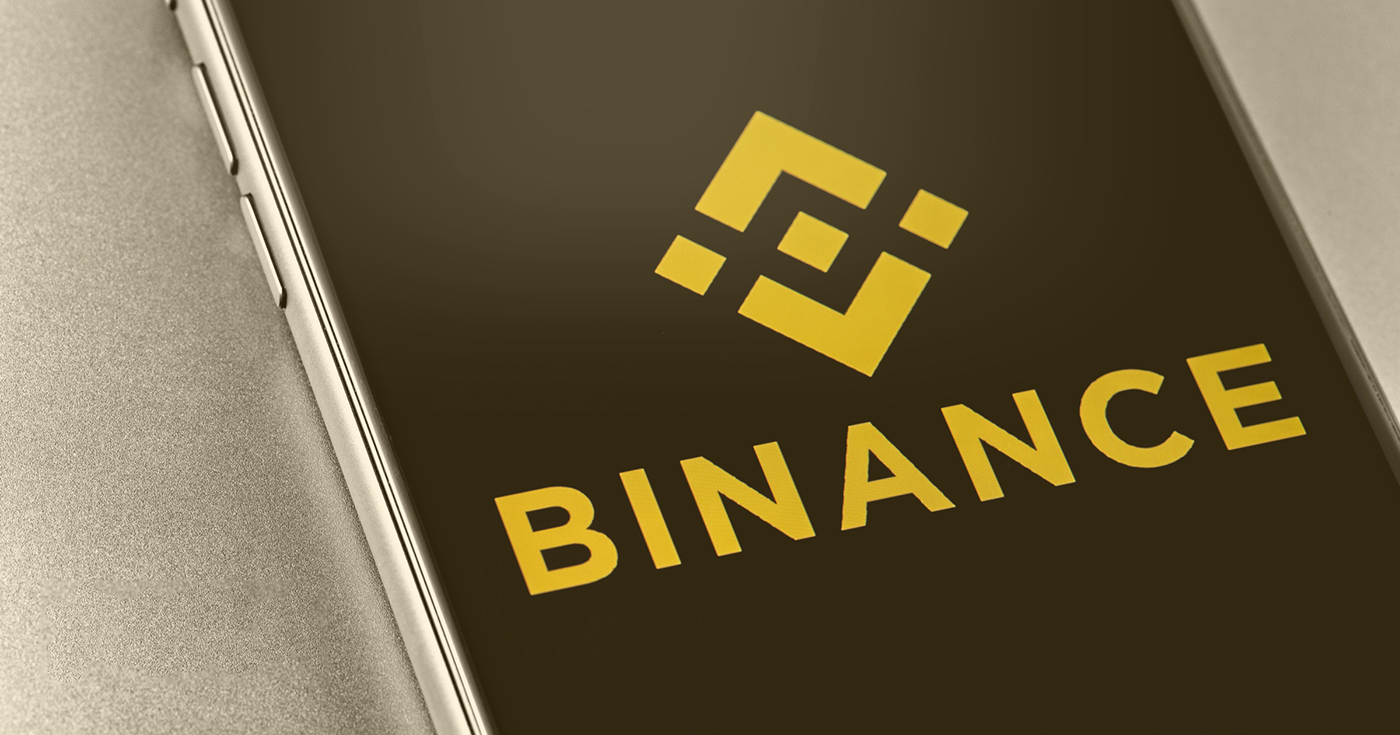
Coinposters
Binance ignored US sanctions to help Iranians

According to Reuters, Binance circumvented US restrictions by servicing Iranian customers.
CEO Changpeng Zhao (CZ) claimed on Twitter that the exchange used Thomson Reuters World-Check data to screen customers, shifting blame and stating that the company’s know-your-customer (KYC) method failed to prohibit Iranian users.
After the US re-imposed sanctions on Iran in 2018, which barred cryptocurrency exchanges from serving Iranian clients, Reuters reported Monday that at least 18 Iranians claimed to have exchanged BNB. Senior staffers reportedly bragged on Telegram about Binance’s success in Iran while knowing of the sanction-skimming.
Seven users were interrogated, and BNB banned their access in September 2021 after strengthening anti-money laundering safeguards. Binance was the preferred exchange because of its lax rules.
Tehran-based trader Asal Alizade told Reuters there were alternatives, but none were as excellent as Binance. We all utilized it since it didn’t need ID.
According to the publication, Iran users simply required an email address. Pooria Fotoohi, a crypto hedge fund manager, used Binance from 2017 until 2021.
After Russia invaded Ukraine in February, western nations urged Binance to prohibit Russian users. CZ maintained it would be “unethical” to enforce a blanket prohibition beyond those under sanctions, then comply when the EU decided it essential in April.
Binance has said it complies with international sanctions and has a “global compliance task force” to uphold ethics.
Since 2012, Iranian customers have been banned. Binance’s inner circle boasted about its successes in the limited country. Reuters said senior employees was told about the successful swap. A top official wrote “IRAN BOYS” in reaction to Instagram data showing Binance’s popularity in Iran.
In response to Reuters’ exclusive research, CZ tweeted that it had used Thomson Reuters’ World-Check to limit Iranian customers.
“Thomson Reuters provides opt-in, extension material targeting certain locations and sectors,” its brochure adds.
“Countries banned Iran’s exports and investments. The Iran Economic Interest (IEI) data collection enables clients to assess customers, partners, counterparts, and commercial transactions for Iran sanction risk (our emphasis).
Due to Iran-based consumers using Binance’s primary exchange, not Binance.US, it’s insulated from US authorities while circumventing sanctions.
Reuters: Binance faces secondary sanctions. Secondary sanctions may potentially cut a company’s access to the US financial system (our emphasis).
Protos has contacted Reuters and Binance to discover how World-Check may be used to enforce Iran sanctions. If we hear back, we’ll update.
Latest
Blockchain
21 Feb 2026
Blockchain
13 Feb 2026
Blockchain
07 Feb 2026
Blockchain
06 Feb 2026
Blockchain
05 Feb 2026
Blockchain
03 Feb 2026












